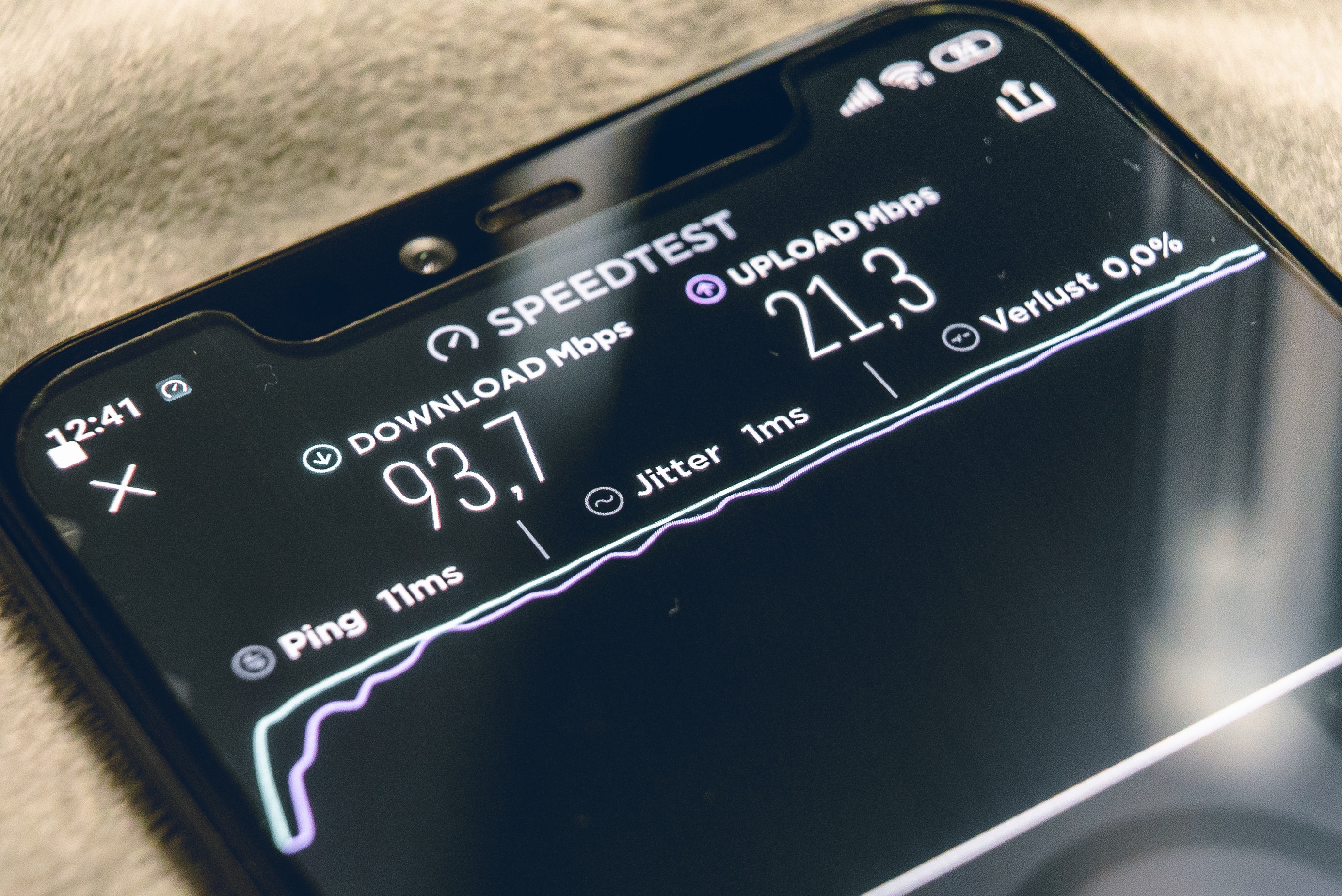MDU-specific Internet Gateways
What are the benefits of using MDU-specific Internet gateways for multi-dwelling units?
MDU-specific Internet gateways offer numerous benefits for multi-dwelling units, including optimized network performance, centralized management, and cost-effective solutions tailored to the unique needs of residential buildings. These gateways are designed to handle the high volume of internet traffic generated by multiple residents, ensuring a seamless online experience for all users within the building.








